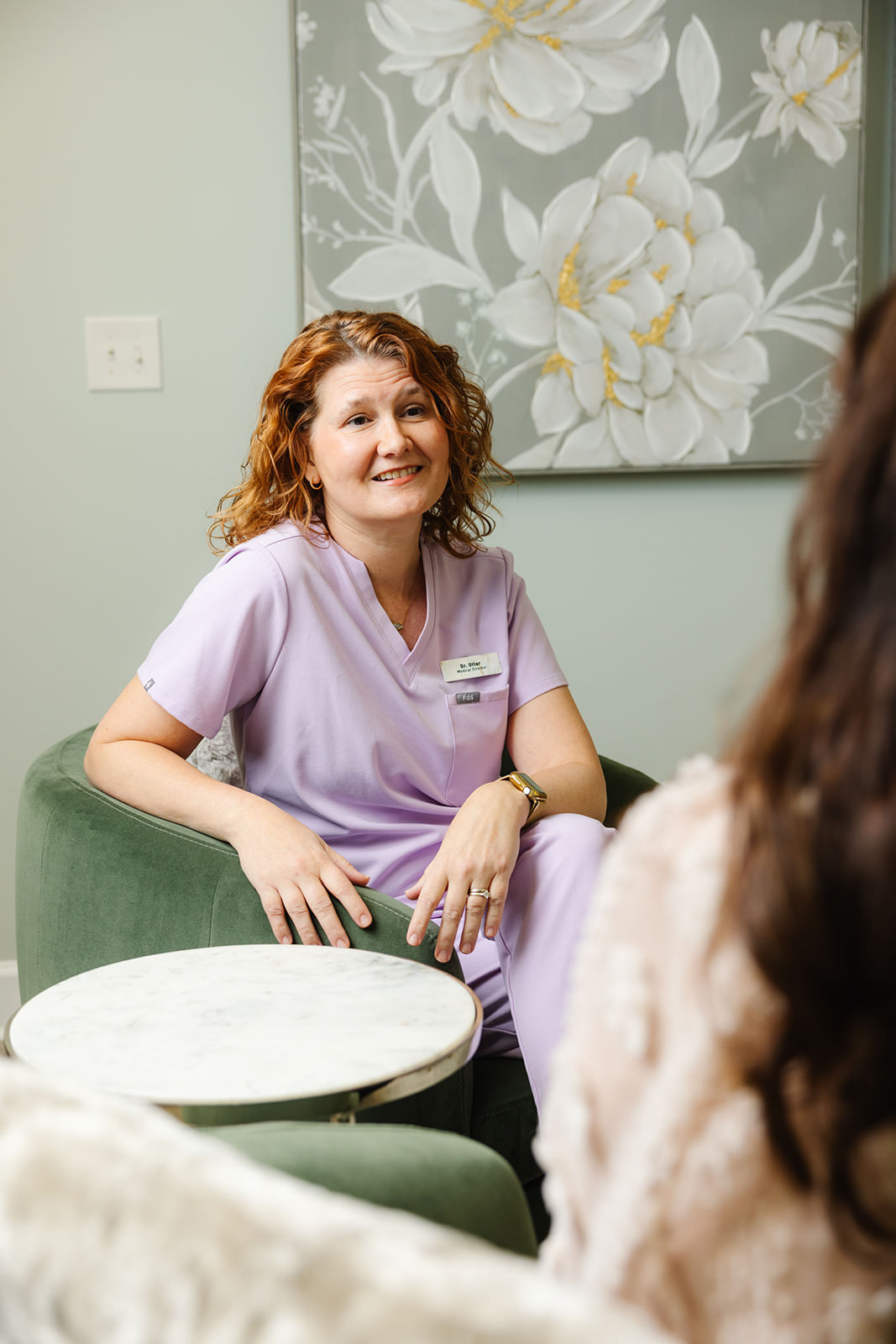Why Women Should Continue Seeing Their Gynecologist or Women’s Health ProfessionalAfter Menopause
Menopause marks a major milestone in a woman’s life, typically signaling the end of her
reproductive years. For many, it feels like a logical stopping point for regular gynecology visits.
However, staying on top of gynecological care remains important even after menopause,
including getting routine screenings like Pap smears and mammograms. Here’s why
postmenopausal women should continue prioritizing their GYN or women’s health visits.
Pap Smears and Cervical Health
For years, Pap smears have been essential for detecting early changes in cervical cells that might lead to cancer. The general recommendation is to stop Pap smears after age 65 if a woman has had several consecutive normal results and no history of cervical pre-cancer. However, some women may still need to continue with screenings. Women who have had abnormal Pap results, a history of cervical pre-cancer, or certain risk factors—such as a weakened immune system—may need to continue getting Pap smears as recommended by their doctors. Discussing your history and any risk factors with your women’s health provider is crucial in determining your screening needs.
Mammograms and Breast Health
Breast cancer risk increases with age, making mammograms particularly essential for postmenopausal women. The majority of breast cancer cases are diagnosed in women over the age of 50. Regular mammograms help catch abnormalities early, often before any symptoms arise, improving the chances of successful treatment. Generally, it’s recommended that women continue mammograms every 1-2 years up to age 75, although this may vary based on individual risk factors and health status. Your women’s health provider can guide you on how often you should continue with mammograms based on your personal and family history.
Gynecological Exams Beyond Cancer Screenings
While Pap smears and mammograms focus on cancer detection, regular visits to your women’s health provider can also monitor other postmenopausal health issues. Many women experience symptoms related to hormonal changes, including vaginal dryness, pelvic floor issues, and urinary incontinence, which can all affect quality of life. A women’s health provider can provide treatments or referrals for these conditions, improving comfort and overall health. Additionally, the drop in estrogen after menopause increases the risk of osteoporosis, a condition where bones become brittle and prone to fractures. Your women’s health provider can advise you on bone density tests, lifestyle adjustments, and treatments to reduce your risk, making these visits valuable for long-term health.
Addressing Sexual and Mental Health
Postmenopausal women often have concerns related to sexuality, body image, and mental health. Decreased estrogen levels can lead to changes in libido, mood swings, and even anxiety. A women’s health provider is equipped to discuss these topics, offering support and possible solutions like hormone replacement therapy (HRT) or non-hormonal options. Keeping an open line of communication with a trusted healthcare provider helps address these sensitive areas, offering reassurance and tailored solutions to maintain well-being and self-confidence.
Creating a Personalized Care Plan
Health needs evolve over time, and no two women’s postmenopausal journeys are identical. Regular visits with a women’s health provider provide the opportunity to assess your changing health and adjust screening schedules as needed. By staying informed about your health status and maintaining an individualized care plan, you can feel empowered to make proactive choices about your well-being.
In short, postmenopausal women have unique health needs that benefit from regular gynecological care. Pap smears, mammograms, and comprehensive women’s health visits offer more than just cancer prevention; they promote overall health, address aging-related issues, and provide valuable support through life’s changes. Rather than seeing menopause as the end of gynecological visits, consider it a new phase in which preventive care is just as essential for a healthy, fulfilling life.




